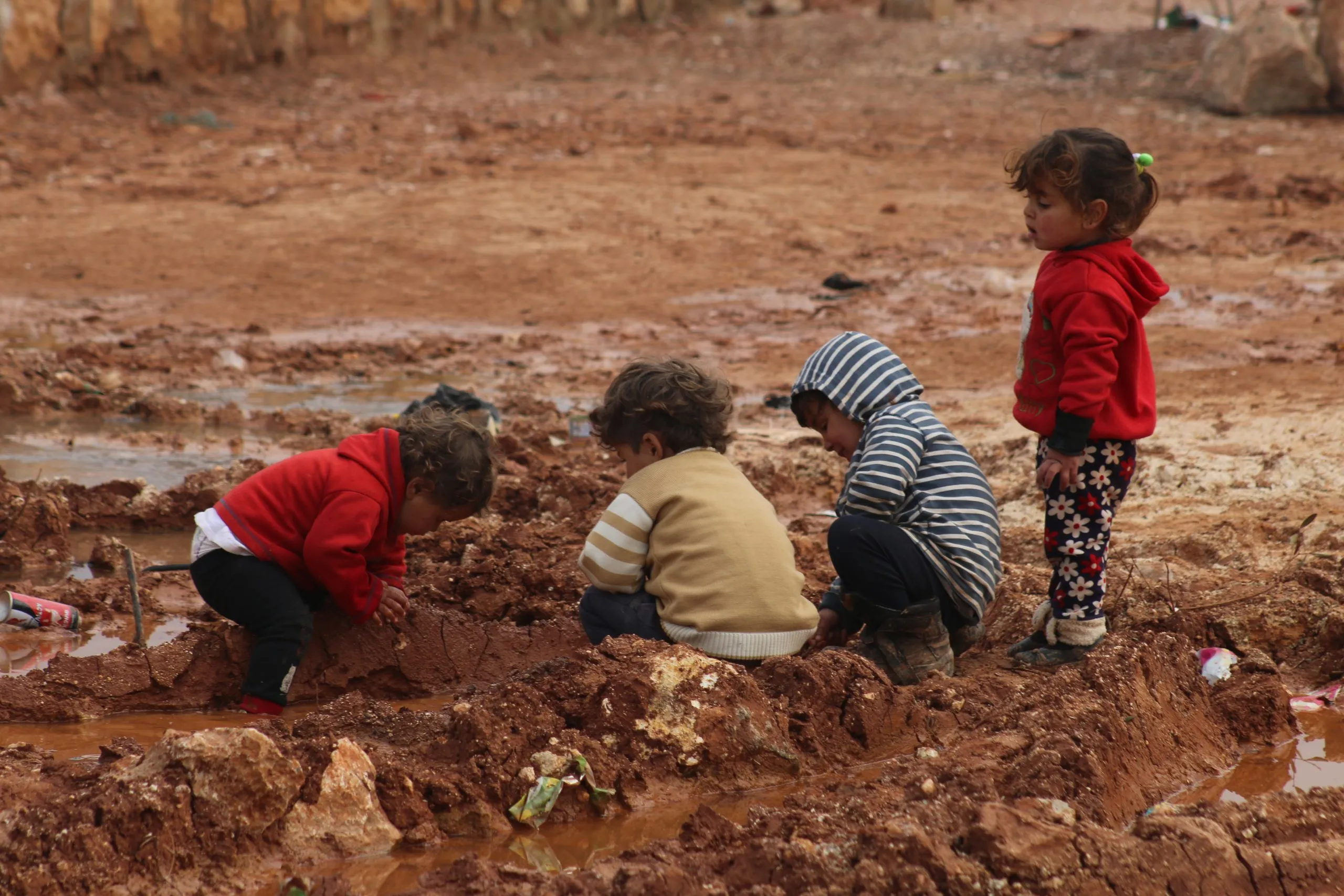Giving birth in barely-standing hospitals, living in fear of airstrikes, freezing to death, sleeping in tents, struggling to find clean water, being unable to socially distance during Covid-19, and suffering both acute and chronic malnutrition are all daily symptoms of living in Idlib province in northwest Syria.
In the words of Charles Lawley, Head of Communications and Advocacy at UK charity Syria Relief, Idlib is at risk of becoming “the new Gaza”.
The suffering of over four million people in the province is lessened by the daily arrival of trucks loaded with food, water, vaccines, clothing, and medical supplies from Turkey via Bab al-Hawa.
But these trucks may soon be parked. In a couple of weeks, the UN Security Council is set to vote on whether or not to close the UN’s last aid crossing into Syria when its mandate expires on 10 July.
Giving birth in barely-standing hospitals, living in fear of airstrikes, freezing to death, sleeping in tents, struggling to find clean water, being unable to socially distance during Covid-19, and suffering both acute and chronic malnutrition are all daily symptoms of living in Idlib province in northwest Syria.
In the words of Charles Lawley, Head of Communications and Advocacy at UK charity Syria Relief, Idlib is at risk of becoming “the new Gaza”.
The suffering of over four million people in the province is lessened by the daily arrival of trucks loaded with food, water, vaccines, clothing, and medical supplies from Turkey via Bab al-Hawa.
But these trucks may soon be parked. In a couple of weeks, the UN Security Council is set to vote on whether or not to close the UN’s last aid crossing into Syria when its mandate expires on 10 July.

